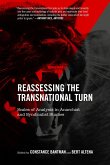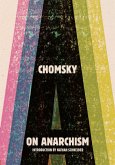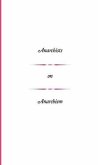The autonomous life? is an ethnography of the squatters movement in Amsterdam written by an anthropologist who lived and worked in the community for over three years. Nazima Kadir occupied four different houses and took part in two successful anti-gentrification campaigns. She was evicted twice and jailed once. From this unique perspective, she systematically examines the contradiction between what people say and what they practice in a highly ideological community of the radical left. The squatters movement defines itself as anti-hierarchical and anti-authoritarian, yet it is plagued by the contradiction between this public disavowal and the maintenance of hierarchy and authority within the movement. This study analyses how the contradiction is reproduced in micro-social interactions, examining how people negotiate minute details of their daily lives as squatter activists in the face of a funhouse mirror of ideological expectations. Taking a unique critical perspective informed by gender and subaltern studies, The autonomous life? contributes to the literature of social movements through a meticulous analysis of the production of power and hierarchy in a social-movement subculture.








